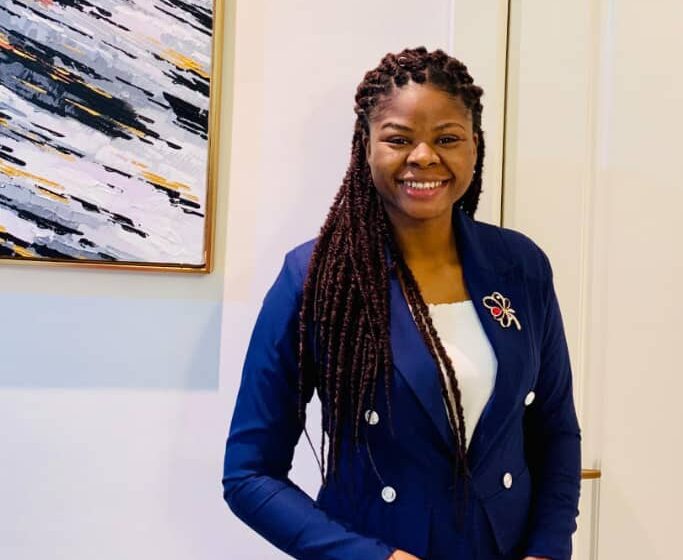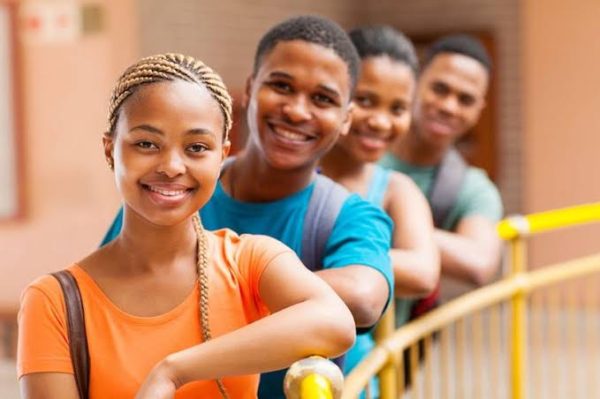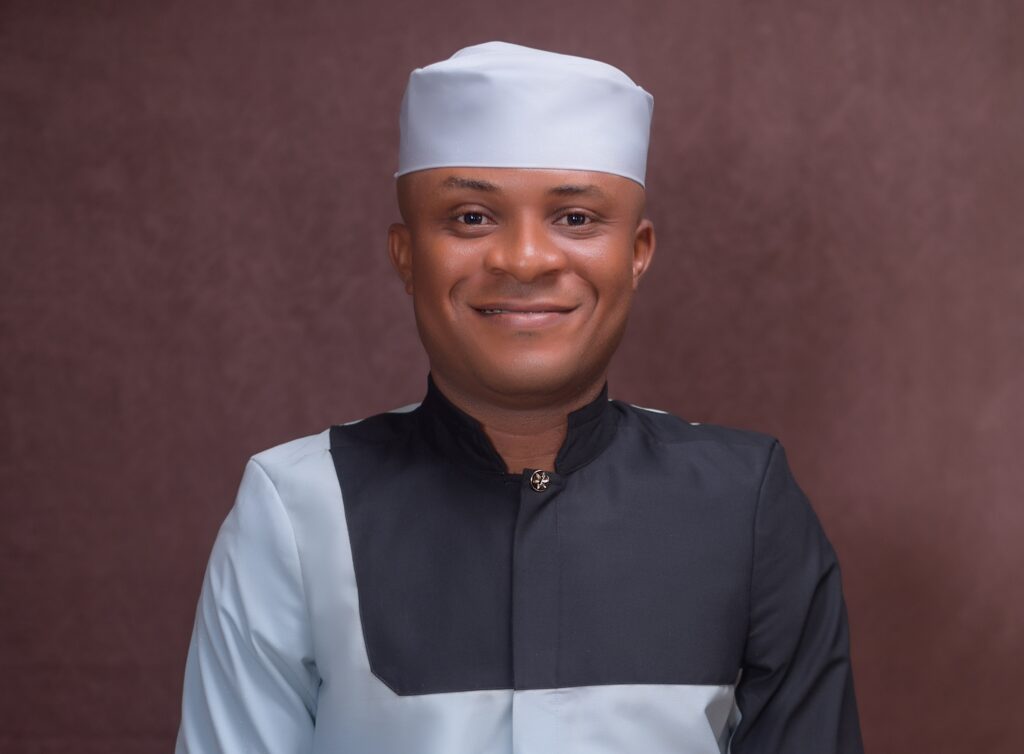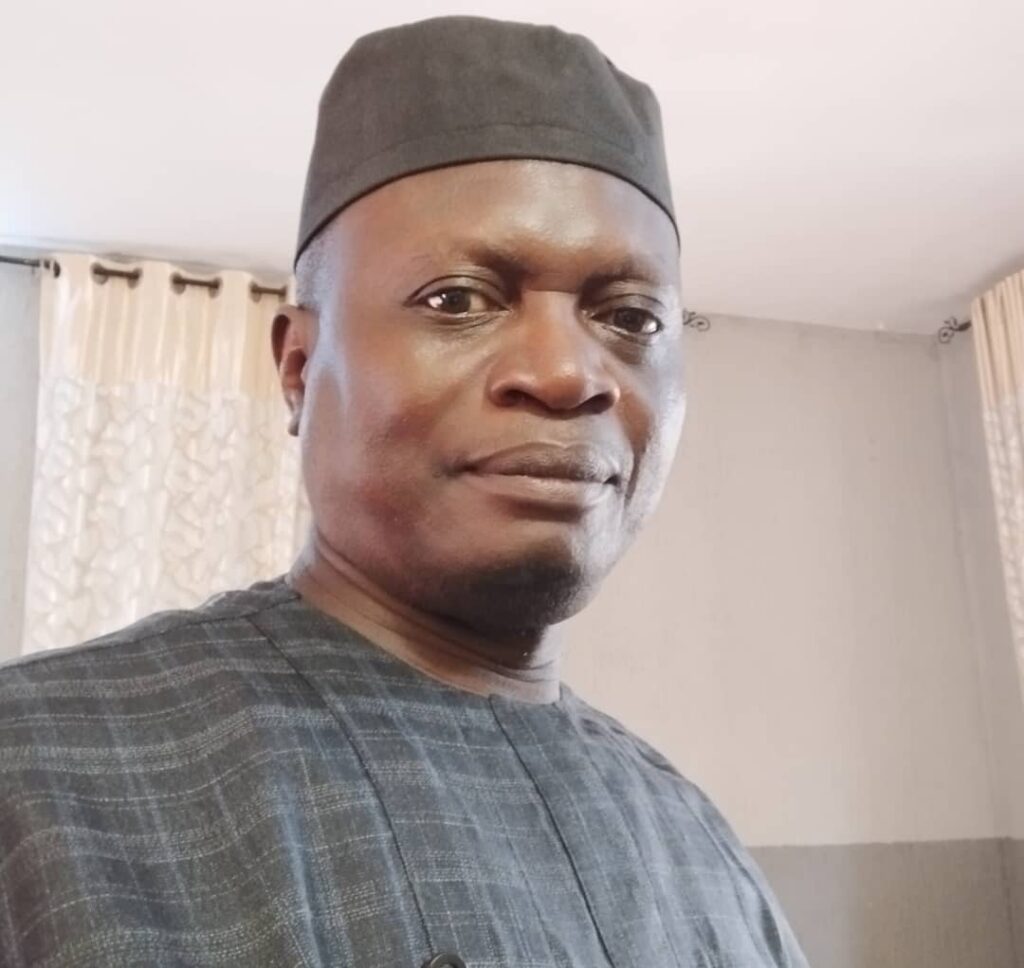Meet Chioma Nnanna, YAGIR founder inspiring Nigeria’s future leaders

Chioma Nnanna
Chioma Nnanna is the founder of Young and Getting it Right (YAGIR) She’s very passionate about empowering youths and preparing them for the future. She believes in ‘catching them young’ and her foundation is focused on that mission.
In this interview with CrispNG, she provides insights into the mission, activities, challenges, successes and plans of the NGO.
CrispNG: Please provide some insights into the mission and work of your foundation.
Nnanna: YAGIR is a non-profit organization committed to empowering teens and young adults, primarily students in secondary schools within Nigeria, aged 11 to 18, to develop leadership skills, informed career choices and be equipped to excel in the real world, outside the comfort of the four walls of a school. YAGIR addresses the limitations of formal education through educative tours and outreaches, aiming to foster a generation of responsible, confident, and capable individuals.
YAGIR’s primary objective is to fulfill the United Nations’ Sustainable Development Goal 4 (SDG 4) by educating, empowering, and equipping teenagers and young adults with leadership capacities and essential life skills. YAGIR offers unconventional skills that are often neglected in formal education, including leadership, financial literacy, self-esteem, confidence development, networking, relationship-building, and community development. The organization also provides guidance for career choices based on individual abilities and showcases success stories and mistakes of fellow young people.
CrispNG: Please provide some insights into the history of your foundation.
Nnanna: Passionate about youth empowerment, I initiated virtual programs via CIB Africa on Facebook before launching YAGIR. YAGIR started after speaking at my alma mater in Lagos, inspiring students to excel academically and in their careers. Positive feedback led to visits to multiple schools in Lagos, and Port Harcourt, and plans for more in Imo and Enugu states. The vision is to counter negative influences by amplifying positive voices and inspiring young people to get on the right track.
What served as the driving force behind the establishment of YAGIR NGO?
I’m a product of others who shaped me with their messages. I believe in paying it forward by inspiring young people, especially teenagers, during their critical life stage. I’ve seen friends go astray because they had no one to speak to them. Positive influence matters, and I want to be the voice that guides young people, preventing losses on the wrong paths.
ALSO READ: International Men’s Day: Recognising and honouring the unseen struggles, sacrifices of men
How do you perceive the current state of education in Nigeria and Africa as a whole, if there’s anything you change or laud what will it be?
Nigeria’s education system has a long way to go. Quality education is often limited to elite schools with hefty fees. Regular schools lack updated curriculums and essential activities. The curriculum needs a review to reflect current realities, reintroduce vital subjects like history and make biology compulsory. An overhaul is necessary to ensure graduates are equipped for today’s world and job market.
Can you share some notable success stories and the impact your organization has achieved in the communities you serve?
When reflecting on our outreach, the most fulfilling aspect is the impact on students’ mindsets and success stories. During our words of affirmation sessions, students express transformation: believing in themselves, changing negative self-perceptions, and choosing positive influences. It’s a significant achievement to see them making intentional choices in friendships, understanding the influence friends have. Our goal is also to contribute to education, exemplified by distributing food to undergraduates during exams at Unizik. This initiative will expand in the coming years to support students on a larger scale.
What strategies does YAGIR employ to secure funding for its operations and projects?
At present, YAGIR is entirely funded by me, but in the current YAGIR edition in Imo state, we’ve received sponsorships for photography, book donations, and a flex banner. However, all other expenses are covered by me. While we are self-sustained, we are actively seeking partnerships with individuals and organizations that share our vision. This collaboration would enable us to expand our initiatives, such as sponsoring students who can’t afford school fees and enhancing our efforts to provide meals for students during exam periods on a larger scale.
What are the primary challenges or hindrances that your organization encounters in its mission?
Our main challenges include funding constraints and the varying levels of understanding among schools in Nigeria about the importance of outreach programs like ours. Securing permission from some schools to engage with their students has been a hurdle, though we appreciate those schools that have welcomed us to make a positive impact.
In what ways does your NGO collaborate with other entities, such as government agencies or local communities, to fulfill its objectives?
When it comes to community collaboration, most of our volunteers reside in these communities, although some travel from other states. We work alongside individuals within the communities who share our passion for youth and education. Additionally, our book donations come from a writer who believes in our mission, contributing her books for free. While currently, our only organizational partnership is with CIB Africa, we are open to collaborating with other like-minded organizations.
What are your organization’s short-term and long-term aspirations, and how do you envision the growth and development of your work in the future?
In the short term, YAGIR aims to visit every state in Nigeria within the next five years, establishing YAGIR clubs for ongoing projects and tracking student growth. We plan to provide scholarships and various resource materials for young people. In the long term, our goal is to nurture leaders who positively impact society, creating a community of solution-oriented young minds. We envision extending our reach beyond Nigeria to impact other African countries.
How can individuals or organizations offer their support to aid your NGO’s endeavours?
We engage in book donations and sponsor students who can’t afford education. Any support, whether in the form of books or funds, is appreciated. We also provide food to street kids and aim to transition them to quality education. Funds are crucial for organizing state events involving all secondary schools, which we plan to do and your support would greatly impact our projects.
Are there any ongoing or upcoming events or campaigns that your organization is actively engaged in or planning for the near future?
Yes, apart from the YAGIR School Outreach coming up this month in Imo state. We also have a plan to feed all undergraduates in UNIZIK during this semester’s examination. So, we have about half a bag of rice and tomatoes and other foodstuff we want to share.
Could you elaborate on other initiatives and projects that you oversee?
I’m the founder of Creatives-In-Business (CIB) Africa. We organize Youth Empowerment Projects, such as the SkillUp Initiative, training 10,000 African youths for free in high-demand skills. Our Millionaire Idea Project allows young Africans to pitch business ideas, receiving seed funding and a year of free mentorship. The goal is for these businesses to generate at least a million naira within a year and employ two young people. The project is ongoing, ending in December. Top participants were featured on Africa News and gained access to a free webinar on entrepreneurship and business sustainability.
As a coach, author, spoken word artist, and CEO, how do you effectively manage these diverse roles?
I possess strong interpersonal skills, recognizing the importance of collaboration, task delegation, and fostering teamwork. In the context of YAGIR and CIB, these are organizations, not just individual efforts. While I may provide the vision and see the big picture, it’s a collective effort with a team of people coming together to make things happen. I’m not working on these projects alone.
As a young achiever, who have been your sources of inspiration and how accessible were the resources and information that shaped your journey?
I had role models like John Obidi, a significant inspiration during my school days when ‘school na scam’ was trending. His posts on Facebook and night school video sessions on YouTube kept me focused. He emphasized the importance of acquiring certificates and getting quality education. In today’s information-rich generation, the internet offers a wealth of knowledge, but young people need to focus on the right aspects. Platforms like YouTube, podcasts, Instagram, LinkedIn, etc., have valuable content if you seek it. Besides John Obidi, other inspirations include Dr. Mike Oladipo. Understanding the impact of posts, I share content online, knowing that it can positively influence someone, as a post once changed my life.
Did you ever fear to dream big or feel intimidated as a young person or as a lady, how did you overcome it?
I witnessed individuals achieving remarkable feats, which fueled my belief that if they could, so could I. Despite occasional fear, I refused to settle for mediocrity. I aspired to make a genuine impact and be remembered for something positive. Confronting fear was the only option for me. I consider ‘impossible’ as nonsense. It’s okay to feel scared, but it’s not okay to let fear hinder progress—that’s my belief.
What advice would you like to share with young people who aspire to make a positive impact?
Just start! It might sound cliché, but identify something you want to change and initiate that change. Become a voice for that thing. The clarity will come as you progress. YAGIR began from speaking to secondary school students in my alma mater, we don’t have the full clarity, but we’re working with what we have.
Again, don’t let anyone tell you that you can’t pursue your dreams. Your dreams are achievable with hard work.









